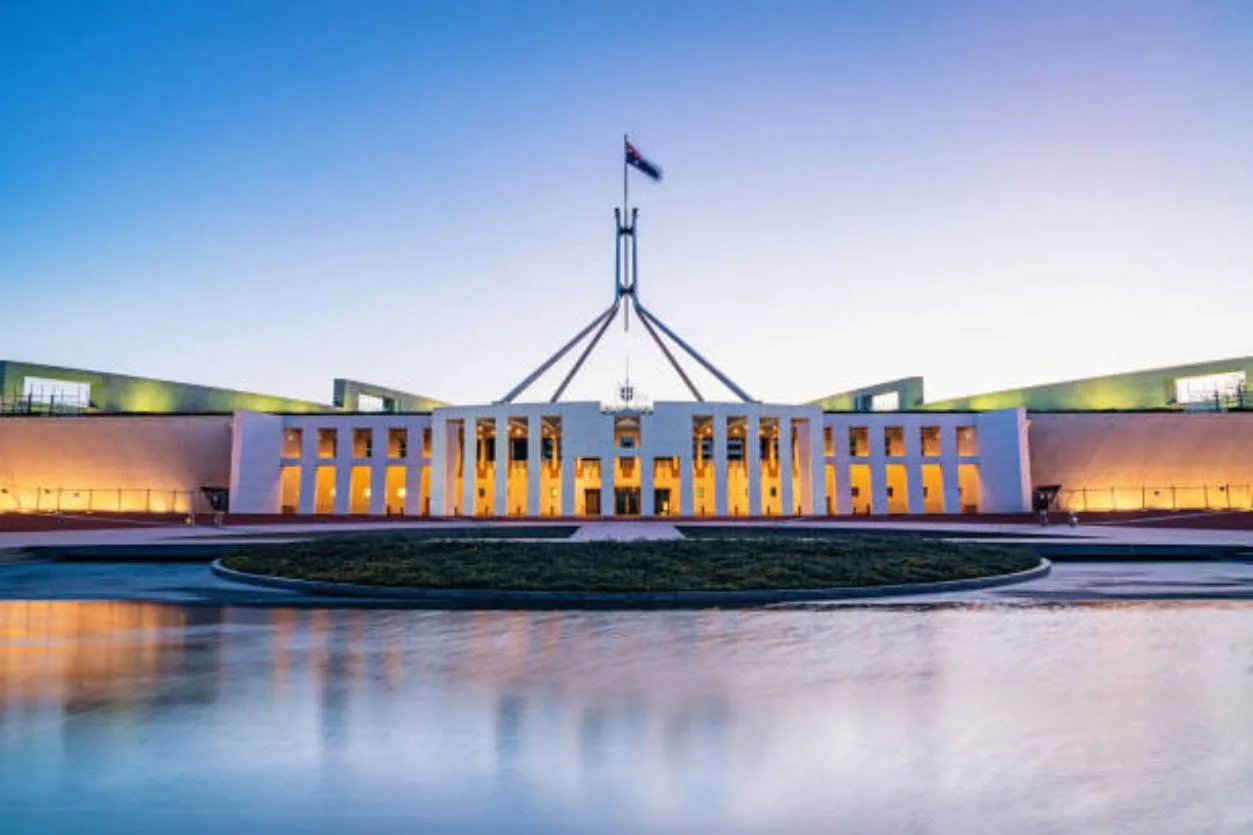TikTok banned on Australian Government-Owned Devices from tuesday 4th April after the Hon Mark Dreyfus authorised the Secretary of the Attorney-General’s Department to issue a mandatory direction under the Protective Security Policy Framework to ban the app. The TikTok ban comes after receiving advice from intelligence and security agencies
The ban was initiated by growing concerns TikTok’s parent company, ByteDance, would give user data such as browsing history and location to the Chinese government, or push propaganda and misinformation on its behalf
Amid concerns Australia has become the last nation in the Five Eyes intelligence alliance to block the app, following similar decisions by the United States, Canada, the United Kingdom and New Zealand.
Attorney-General Mark Dreyfus has confirmed that TikTok will be banned on government phones and devices “as soon as practicable”.
The social app in question is popular among ministers, who are now said to be using burner phones instead. This precaution has been taken to prevent Chinese officials from accessing any sensitive data.
Dreyfus says exemptions will only be granted on a case-by-case basis and with appropriate security mitigations in place.
“The government was also considering the recommendations made in the Review into Foreign Interference Through Social Media Applications,” he said
The ban highlights the mounting concerns that Beijing-based ByteDance Ltd’s ownership of the company could be exploited by China to obtain users’ information and advance its political goals, which would compromise Western security interests.
Additionally, it could reignite diplomatic strains between Australia and its primary trading ally, even though tensions had somewhat eased since Prime Minister Anthony Albanese’s Labor government took office in May.
A spokesperson for Victorian Premier Daniel Andrews said, “We’ve always said we’ll follow the Commonwealth’s guidance when it comes to cybersecurity – and we’ll now work on implementing these changes across the public service as soon as possible,”
TikTok denies its app poses a national security risk.
On Monday evening, TikTok’s general manager in Australia, Lee Hunter, told the ABC that the government had not reached out to them.
Mr. Hunter said, “We are deeply saddened by this judgment. From our standpoint, this is influenced by politics rather than actuality.”
He further added, “Moreover, we are disappointed that TikTok and the countless Australians who use it every day became aware of this verdict via the media, despite our repeated attempts to address the situation.”
Following the ban, China condemned the action and declared that it had made “strong representations” to Canberra regarding the matter. China urged Australia to “offer a fair, transparent, and non-discriminatory business atmosphere” to Chinese companies.
Shadow Cybersecurity Minister James Paterson cautioned that Chinese officials could access Australian user data on the app because the company is bound by the nation’s national intelligence laws, which compel it to comply with data requests from Beijing.
TikTok has refuted such claims, stating that it has never received a data request and would refuse to provide Australian user data if requested to do so.
Foreign ministry spokesperson Mao Ning said, “China has always maintained that the issue of data security should not be used as a tool to generalise the concept of national security, abuse state power and unreasonably suppress companies from other countries,”
Professor Monica Whitty, Head of Department of Software Systems & Cybersecurity, Faculty of Information Technology said, “There might be security concerns regarding TikTok but these concerns will not necessarily be resolved by banning its use on government-issued devices,,”
“Those who work for government agencies who still want to use TikTok will use it on personal devices so there needs to be education and awareness around data protection and privacy while using social media platforms – explaining the genuine harm to citizens.
“Individuals will not change online behaviours, even when government agencies tell them, unless they understand the reasoning behind it.,”
“There are other significant issues around privacy and problematic use of social networking sites that also need to be addressed,” she said
Citizens find it very hard to understand the real issues around security and the impacts of their behaviours, and it is the responsibility of governments to keep citizens safe by providing proper comprehensible guidance.”
Research shows that employees regularly use personal devices at work to access work networks. They do so out of convenience, but this puts organisations at risk.
Cybersecurity concerns
TikTok concerns revolve around the possibility of data being collected and obtained by the Chinese government under national laws, which can mandate companies to surrender information.
Premier, Daniel Andrews, who has over 100,000 TikTok followers, acknowledged earlier that he would remove his account, but he had not been briefed yet on the national security guidance under review by the Commonwealth.
He informed reporters that his administration would comply with its federal counterparts on national security issues.
Despite the controversy, the Australian government has stood firm on its decision, saying that it is committed to protecting national security and ensuring that sensitive information is not compromised.
While awaiting a review of the possibility of TikTok and other social media networks being employed for foreign interference in government agencies, Home Affairs Minister Clare O’Neil left it to departments to determine on their own whether or not to prohibit their staff from using the app.
The ban is expected to remain in place until the government is satisfied that TikTok poses no threat to national security.







